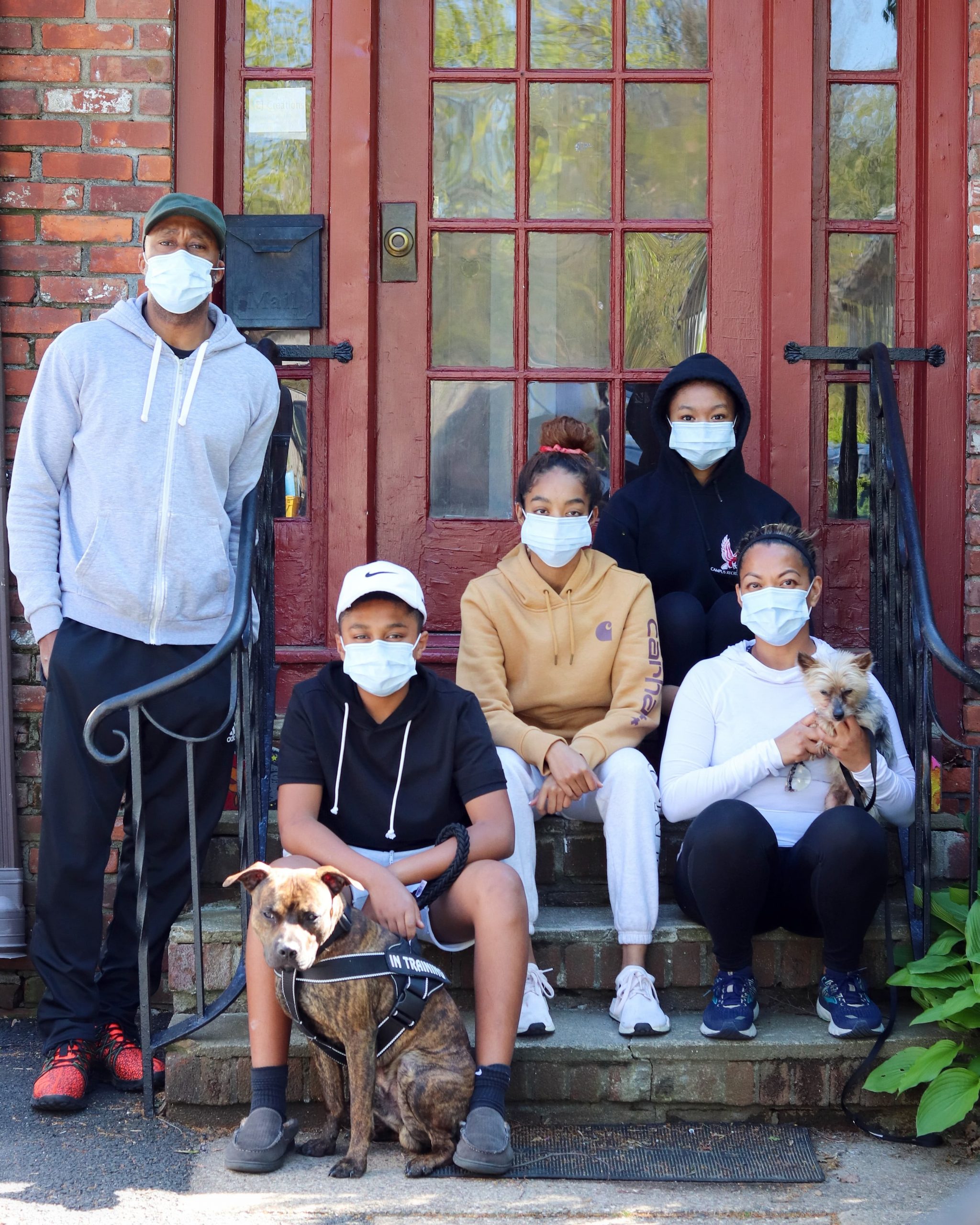Teens watching movies and binging TV shows on a streaming platform can seem like a giant waste of time in some parents’ eyes. But, what if you were told that it might actually be helping your teenager, particularly if your kid struggles with an attachment disorder?
A groundbreaking study found that out of over 1,000 participants, people found it easier to connect with others and manage their different attachment disorders with the help of TV shows and movies.
Struggling Teens Can See The Value Of Attachments
Teenagers, whether they have an attachment disorder or not, tend to ignore what their parents have to say. And when it comes to attachment issues, whether your teen struggles to form attachments or is overly needy in their attachment, being lectured or even advised by parents isn’t likely to make much of an impact.
While that shouldn’t stop you from trying, you should know that movies and TV shows can help your teen see what you are talking about in action. For instance, teenage girls who are struggling can see that they don’t have to be subservient to a partner to deserve love and attention with the right media. Instead of seeing attachments as something draining that requires all their energy to maintain, teens can see on the screen healthy relationships where partners—both platonic and romantic—are supportive and caring.
Exploring Complex Emotions Can Be Easier
Part of what teens struggle with when it comes to attachments is the emotions tied to interpersonal relationships. Teenage boys at therapeutic boarding schools often learn specific skills on how to connect with others and navigate their complex emotions.
But for those teens not at therapeutic boarding schools, movies and TV shows can be a great way to safely explore the complex emotions that come with attachments. In the safe venue of the media, your teen can see how emotions are processed and how characters deal with each other in relation to their tough feelings.
Ways Parents Can Maximize TV Watching Time
You don’t have to wait and hope that your teen’s attachment issues are resolved by TV shows and movies. Instead, here are some ways you can proactively maximize your teen’s interest in media:
Pick out shows with healthy relationship skills – Let’s be real—not all TV shows and movies showcase the best relationships. It is one thing to have a tough relationship that ends up working out, but some entertainment thrives on truly awful relationships between characters. Instead of leaving it up to chance, you can proactively pick out healthy options for you and your teen to watch together.
Discuss media after watching – By watching the TV shows and movies together—or at least both of you being familiar with the material—you and your teenager can discuss it. Through this discussion, you don’t have to clearly point out how the different attachment styles work, but it will likely come up naturally.
For instance, after an episode where a romantic couple fights, but ends up healthily talking through their issues, your teen is likely to ask how realistic the situation is, giving you an opening to talk about appropriate conflict resolution.
Encourage your teen to visualize – Teenagers with attachment disorders often struggle to visualize a positive relationship, whether platonic or romantic. So, when your teen runs into a tough spot where they aren’t sure how to appropriately react, encourage them to visualize how the characters they watched would act. For example, how would Captain America react to an argument with a close friend? How would Jim from The Office fix the hurt feelings of Pam?
By taking simple steps and choosing appropriate media, you may be able to help your struggling teenager develop a stronger sense of self and attachment skills.











0 Comments